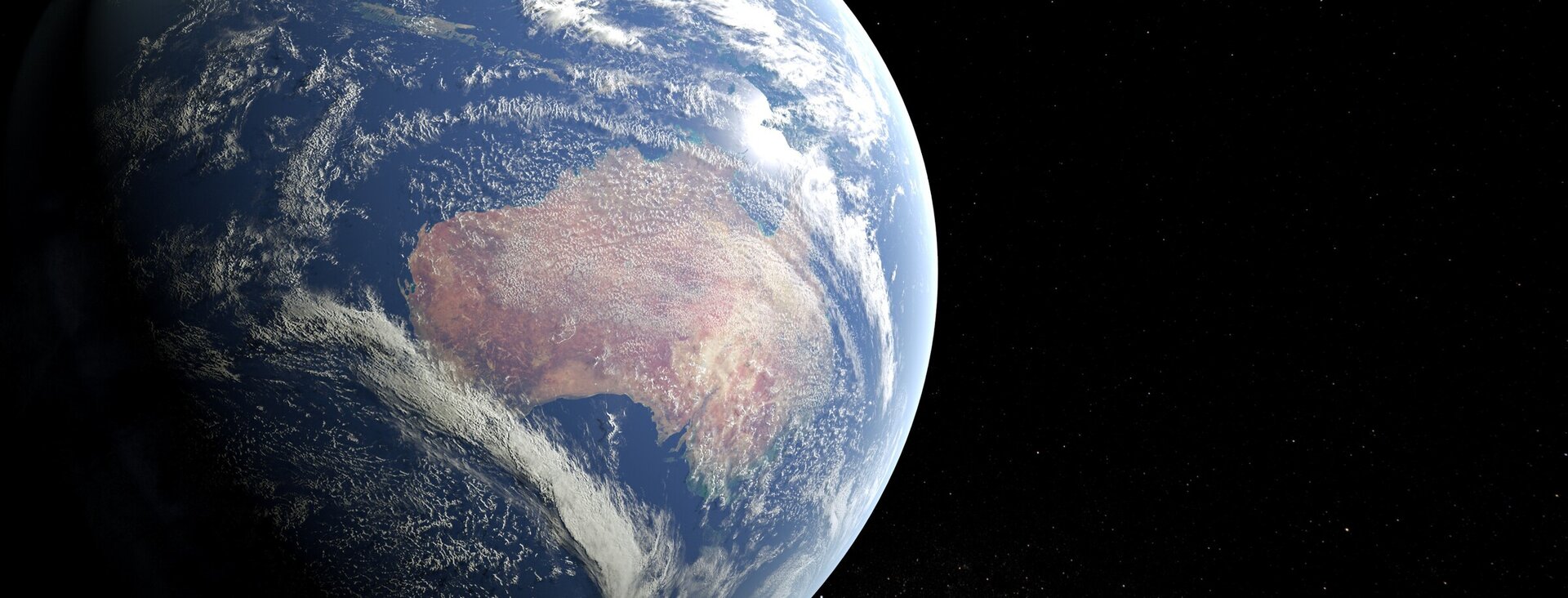Practical Farming on actual farms done by real farmers is far more efficient than "pretend" farming scientifically done in big shiny laboratories by people who know nothing about real farming and survival on the land.
Let’s face it, Practical Farming is actually growing stuff in the soil... getting up every morning before sunrise, watching the sun come up as your day is planned. It doesn’t matter if you’re milking the cows or sowing the seed for your crop, or putting out a few bales for the stock my friend… this is what farming is made of.
Practical Farming simply answers these two questions... does it work and will it make a dollar so we can survive another year?
OH yes, one more... and have a day off to go fishing? Yes, that is practical and really necessary!
Sometimes we get asked for scientific studies of Seaperia. Well there are plenty of studies online that prove how incredible Ascophyllum nodosum is in agriculture, but we won't be wasting our hard-earned dollars on scientific studies.
We don't need to! Nearly 50 years of observations, seeing Practical Farming at work and seeing what Seaperia can do, I can tell you that I don't need any scientist to tell me it works!
Our SEA Hub Farmers are perfect examples of Practical Farmers.
Michael and his brother John are our SEA Hub at their farm near Mackay in Queensland. We send them a pallet of Seaperia and local growers can pick up from them, which is convenient and saves high transport costs.
Michael and John are also very active in their local Soilcare group, and in their area growers work together to run trials to figure out for themselves exactly what works best for their situation.
Working together, the growers first plan who will trial what, then they run their individual trials and finally come back to the group with their results.
On-farm trials take time but working together shortens the process and saves everyone time and money!
BUT... imagine waiting for the scientists to tell us what is best! Growers could be waiting years and years for a result... and then would that result really be best in their particular area? We all know that even different paddocks on the same farm can produce different results.
Practical Farming is about knowing your farm. It's about figuring out what works with your own observations and even gut instincts.
Farming in the 21st century is becoming bogged down in the science. Okay, it's great to understand how things work. Just fifteen years ago scientists had no real understanding of how important microbes are to our soil, plants, and even our own health.
But there's a lot to be said for the old ways of farming - for picking up a handful of soil and smelling it, for observing your "weeds" and what they are telling you, for walking through your paddocks instead of riding the quad, for slowing down...
Our mate Rob from Mungalli Creek Dairies once said something that has stuck with me... "you don't always see a response but you feel it".
Remember this... YOU DON"T HAVE TO SEE A RESPONSE.
Farmers have been conned by big fertiliser companies who have brainwashed everyone into thinking "you have to see a response... otherwise you've wasted your money".
No you dont! To get an actual visible quick response takes a huge expense of energy for a plant, or else its a fake response that is pushed by excess nitrogen.
Most often you don't see a "response" from seaweed and other organic inputs... but you know in your heart it's working.
The true "response' happens when your neighbours crops are attacked by insects, but yours aren't. Or your produce travels better than your neighbours, or you get the same crop as them but you haven't spent a squillion dollars on chemicals and fertilisers.
Practical Farming is real farming.
Be confident in your own knowledge and abilities. Don't let agronomists or scientists or sales reps from big fertiliser companies make you feel less than what you are.
On your farm YOU are the expert.
Blog Post by Grahame.

